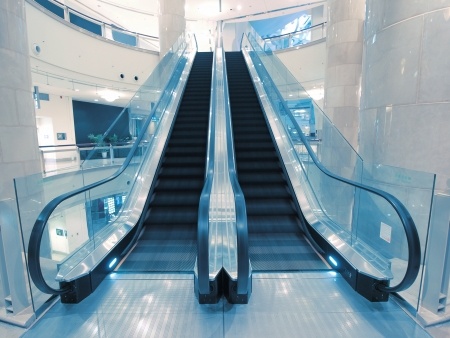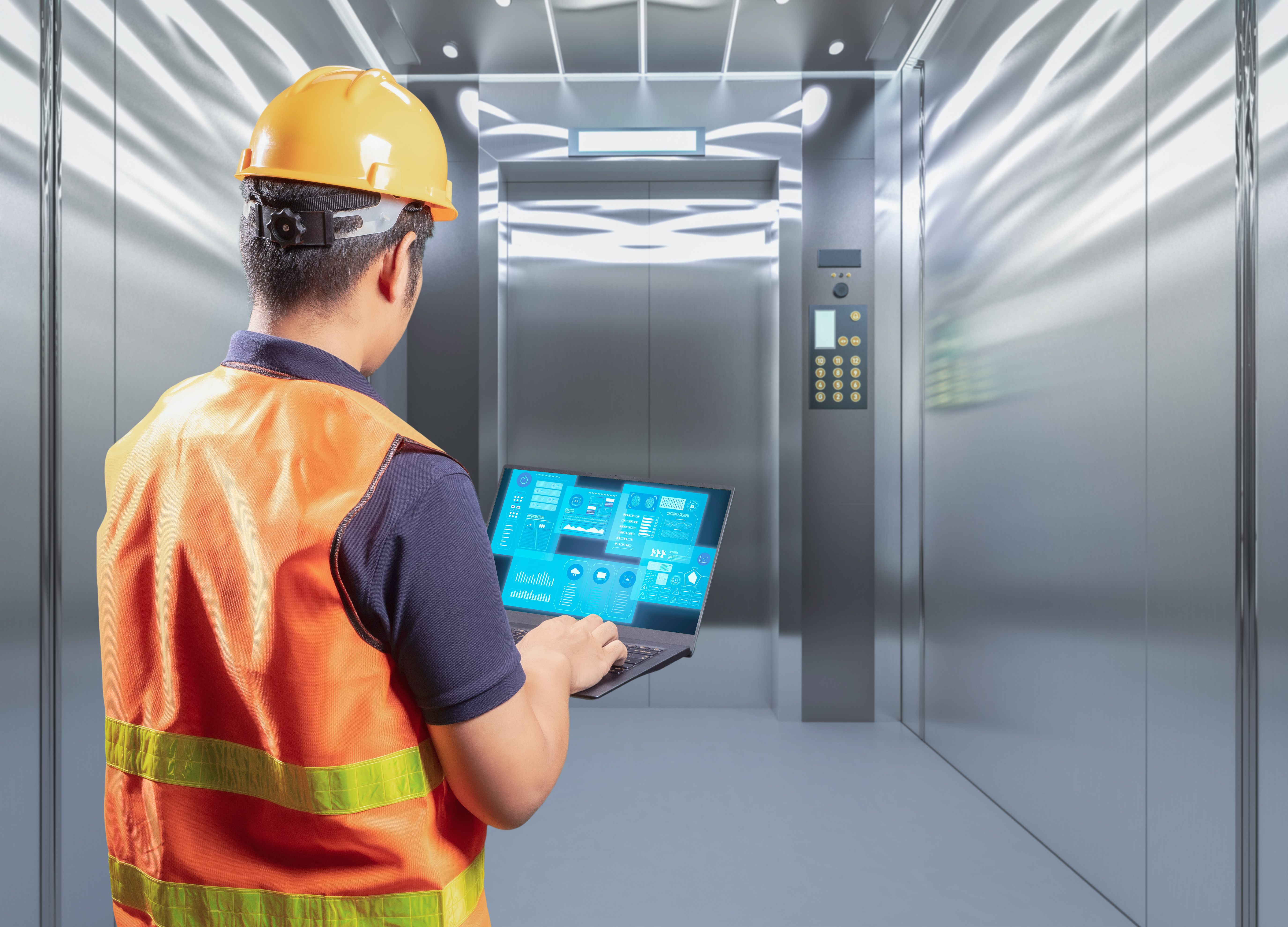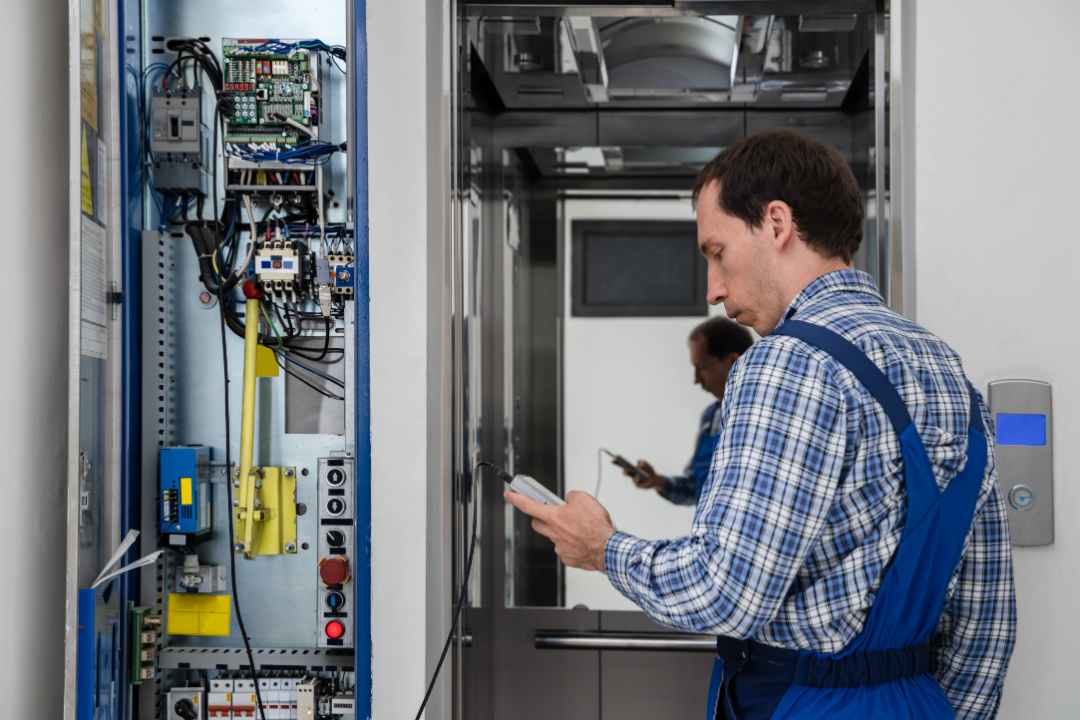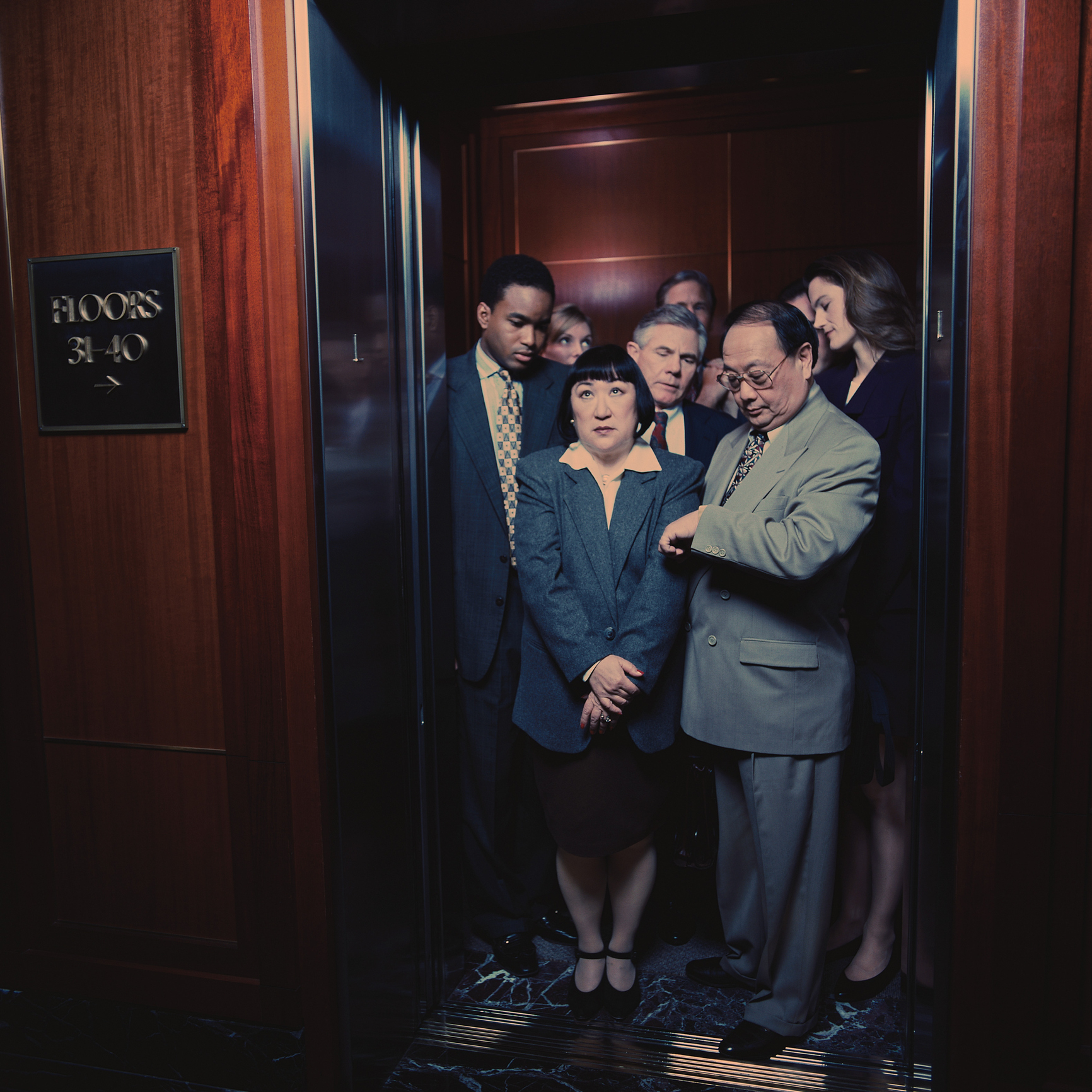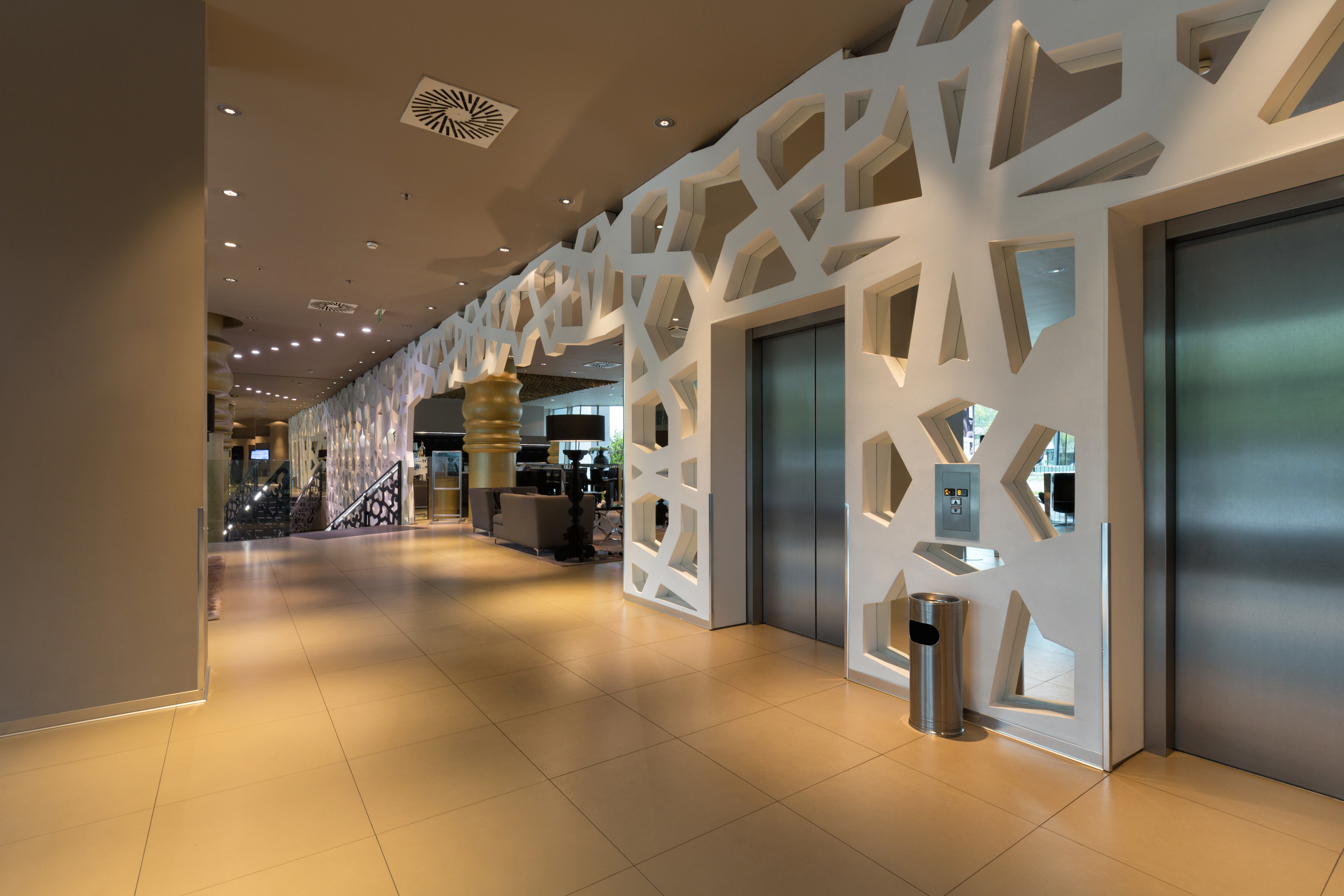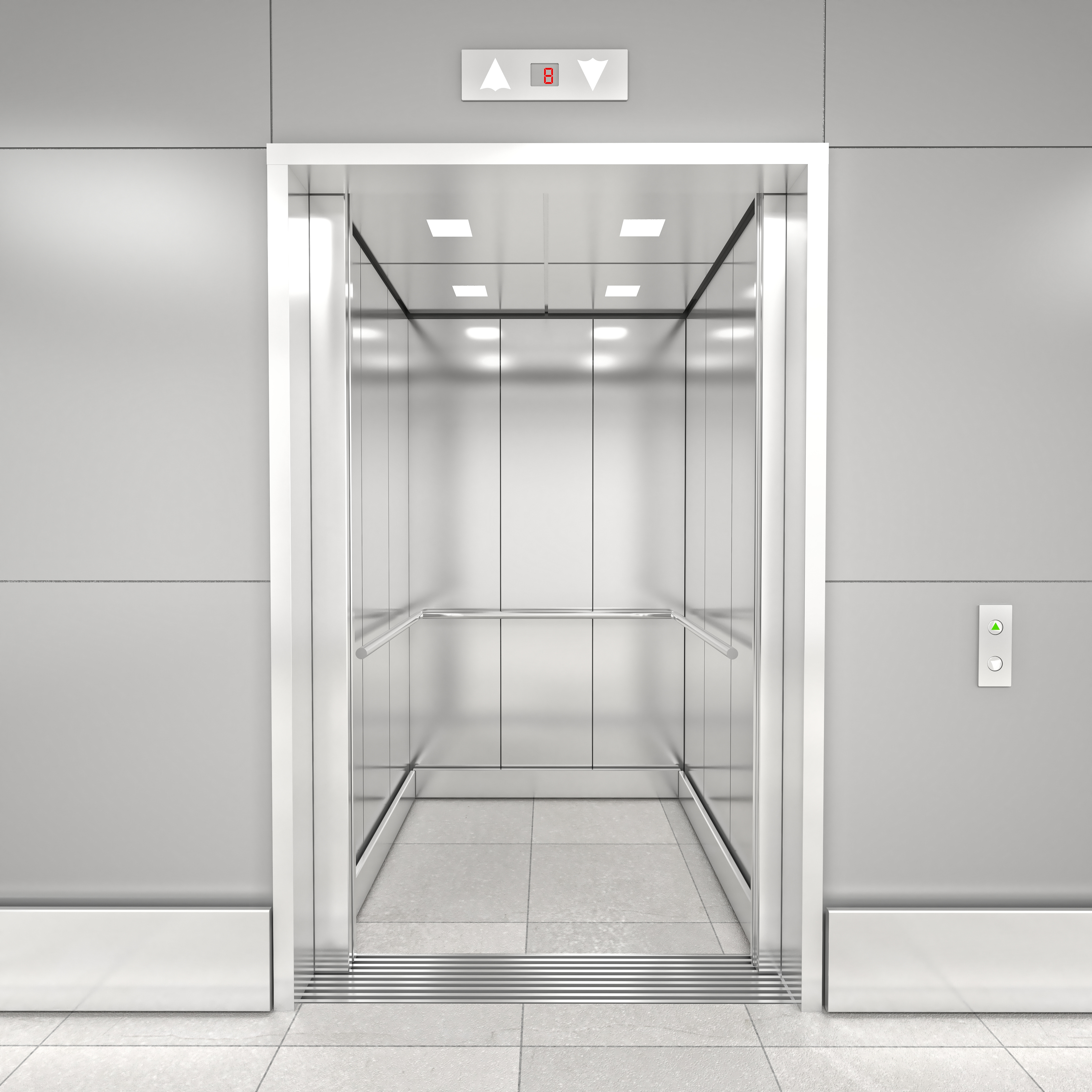Hiring an Escalator Consultant 101
In the fast-paced world of construction and real estate, ensuring the safety, efficiency, and longevity of escalators in buildings is paramount. Escalators are critical components of modern infrastructure, providing seamless vertical transportation in commercial, residential, and public spaces. Hiring a professional escalator consultant is crucial for the success of your project, whether it’s new construction, renovation, or ongoing maintenance. This comprehensive guide delves into the critical factors to consider when hiring an escalator consultant, with a spotlight on the unparalleled services offered by Argon Consulting.
Industry Experience and Reputation
The most crucial factor when selecting an escalator consultant is their industry experience and reputation. An ideal escalator consultant should have a solid track record of successfully managing projects similar to yours. This experience should span various sectors, including retail, commercial, and residential properties, to ensure they can handle the complexities and unique challenges of your project.

Experience matters because it equips consultants with the knowledge to foresee potential issues and address them proactively. An experienced escalator consultant has handled various situations, including designing, installing, and maintaining, which enables them to create effective solutions.
The consultant’s experience in dealing with different situations allows them to come up with effective solutions. They have experience in designing, installing, and maintaining, which helps them in finding effective solutions. Moreover, an experienced consultant is likely to have established relationships with key industry stakeholders, including manufacturers, contractors, and regulatory bodies, which can be invaluable for your project.
Argon Consulting stands out in this regard, with a rich history of providing top-notch escalator consulting services. Our extensive portfolio showcases our ability to deliver successful projects across diverse sectors, reinforcing our reputation as a reliable and expert partner in the industry.
Exceptional Client Service and Support
A successful partnership with an escalator consultant goes beyond the technical aspects of the systems. It requires effective communication, transparency, and a commitment to client satisfaction. Choose a consultant who values your input, keeps you informed throughout the project lifecycle, and is readily available to address any concerns or queries.
Effective communication is vital for ensuring that all stakeholders are aligned and informed at every stage of the project. A consultant who prioritizes client service will take the time to understand your specific needs and objectives, providing tailored solutions and keeping you updated on progress and any potential issues.
Argon Consulting’s client-centric approach ensures a seamless and supportive experience from start to finish. We emphasize our role not just as a service provider but as a trusted advisor, committed to delivering value and exceeding client expectations. Our team is dedicated to fostering strong relationships with our clients, built on trust, transparency, and mutual respect.
Comprehensive Service Offering

When selecting an escalator consultant, it’s vital to choose a firm that offers a comprehensive suite of services. A full-service escalator consultant can help with everything from designing and installing systems to maintaining and inspecting them for safety. They offer valuable insights throughout the lifecycle of your system. This holistic approach ensures that all aspects of your project are considered and addressed, from compliance with safety standards to optimizing performance and durability.
A comprehensive service offering includes:
- Design and Planning: Providing expert advice on the optimal design and layout of the systems to ensure functionality and efficiency.
- Installation Supervision: Overseeing the installation process to ensure it meets industry standards and project specifications.
- Maintenance and Inspections: Offering regular maintenance services and safety inspections to keep them in peak condition and compliant with regulations.
- Upgrades and Modernization: Advising on and implementing upgrades to existing systems to improve performance and extend their lifespan.
Argon Consulting excels in delivering a comprehensive suite of services. Our ability to offer tailored solutions that address specific challenges and requirements ensures that yours is not only compliant with current standards but also optimized for performance and durability.
Commitment to Safety and Compliance
Safety and compliance should be at the forefront of any project. Your chosen escalator consultant must have an in-depth understanding of local, national, and international safety standards and regulations. This knowledge is critical for ensuring that your escalator systems are not only safe for users but also legally compliant.
Compliance with safety standards is essential for mitigating risks and preventing accidents. An escalator consultant with a strong focus on safety will conduct thorough risk assessments, implement robust safety measures, and stay updated on the latest regulatory changes. This proactive approach to safety and compliance ensures that your escalator systems meet all necessary requirements and provide a safe environment for users.
Argon Consulting’s commitment to upholding the highest safety standards and its proactive approach to compliance and risk management makes us an ideal partner in safeguarding the integrity of your escalator systems. We keep up with industry rules and best practices to make sure our clients’ projects meet safety and compliance standards.
Cutting-edge Technology and Innovations
In an era where technology continually shapes and redefines the landscape of various industries, leveraging the latest innovations in escalator design and maintenance can significantly enhance the efficiency and longevity of your systems. Opt for an escalator consultant who stays abreast of technological advancements and incorporates them into their services.
Technological innovations in escalator systems include advanced diagnostics, predictive maintenance tools, and energy-efficient designs. By utilizing these technologies, consultants can provide more accurate assessments, anticipate maintenance needs, and implement solutions that enhance the performance and sustainability of escalator systems.
Argon Consulting’s dedication to innovation is evident in our use of advanced diagnostics and analytics tools. These technologies enable precise assessments and solutions tailored to the unique needs of each project. Our commitment to staying at the forefront of industry advancements ensures that our clients benefit from the latest innovations in escalator technology.
Customizable Solutions and Flexibility

Every building and project has its unique challenges and requirements. Therefore, it’s important to work with an escalator consultant who offers customizable solutions and demonstrates flexibility in adapting their services to meet your specific needs. Whether it’s a bespoke design for a new construction project or tailored maintenance plans for existing systems, the ability to provide flexible and personalized services is crucial.
Customization involves understanding the specific needs and goals of the project and developing solutions that address those requirements. A flexible consultant will adapt their approach based on client feedback and changing project conditions, ensuring that the final outcome aligns with the client’s vision and objectives.
Argon Consulting’s ability to provide flexible and personalized services is a testament to our expertise and customer focus. We work closely with our clients to develop solutions that meet their unique needs, delivering projects that exceed expectations and stand the test of time.
Conclusion on Escalator Consultant 101
Choosing the right escalator consultant is a critical decision that can have a lasting impact on the safety, efficiency, and operational integrity of your building’s escalator systems. When selecting a consultant, ensure they have industry experience.
Make sure they offer the services you require and prioritize safety. It is important that they use technology and provide good client service. Also, make sure they are flexible to meet your project’s goals.
Argon Consulting emerges as a standout choice in the field of escalator consultancy, embodying all these essential attributes and more. With Argon Consulting as your partner, you can ensure that your escalator projects are in the most capable hands, paving the way for safe, efficient, and sustainable escalator systems in your buildings.



